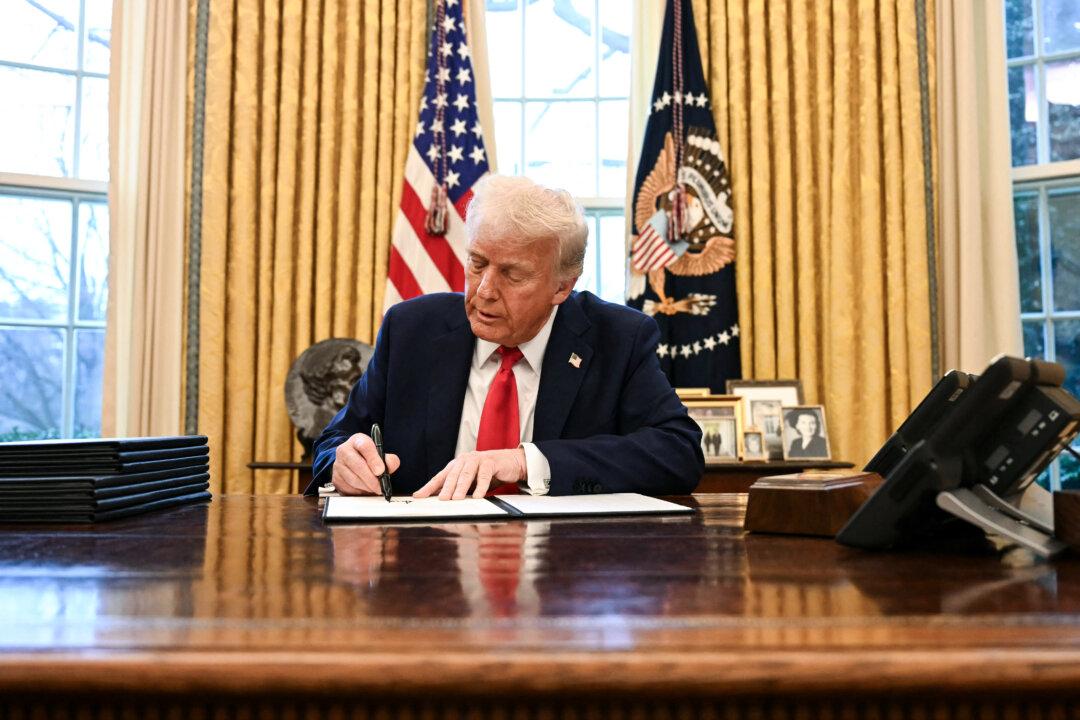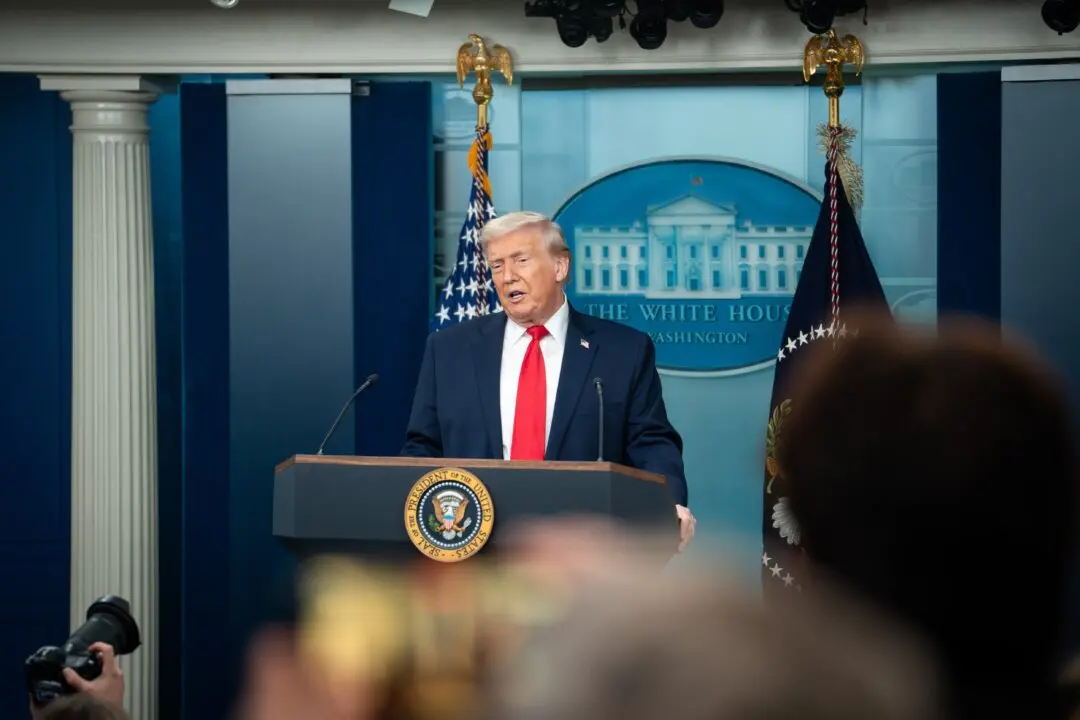President Donald Trump’s order to establish a U.S. sovereign wealth fund has raised concerns among economists who are wary of further government expansion into America’s private economy.
Stating that the U.S. government “directly holds $5.7 trillion in assets,” Trump signed an executive order on Feb. 3 instructing the treasury secretary and commerce secretary to deliver a plan within 90 days for the creation of a sovereign wealth fund to “maximize the stewardship of our national wealth.” Among the potential investments, he said, was an investment in TikTok, an app for short videos.





